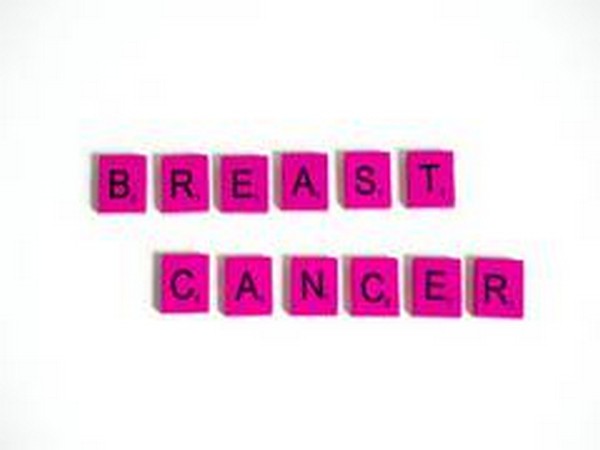

October is National Breast Cancer Awareness Month, and a recent survey found that most women are unaware of the unusual symptoms of inflammatory breast cancer, a particularly deadly and aggressive form of the disease.
The survey was commissioned by The Ohio State University Comprehensive Cancer Center – Arthur G. James Cancer Hospital and Richard J. Solove Research Institute (OSUCCC – James).
Less than half of women would identify breast redness (44%), pitting/thickening of the skin (44%), or one breast feeling warmer or heavier than the other (34%) as potential symptoms of breast cancer, particularly the rare and highly aggressive form of the disease known as inflammatory breast cancer. The survey, which was conducted online among 1,100 U.S. women ages 18 and older, found that while 4 in 5 women (78%) recognise a lump in the breast as a sign of breast cancer, inflammatory breast cancer
Any area of the breast and any molecular sub-form of the disease are susceptible to the disease. Because it resembles symptoms similar to a breast infection, it is frequently misdiagnosed. These signs include:
* an orange peel-like texture or dimpling of skin;
* feeling of heaviness;
* tightening of the skin;
* engorgement of the breast; and
* infection-like redness.
“Women should be aware that severe breast alterations are not typical and that breast self-examinations are still crucial. According to Dr Ko Un Park, a surgical oncologist who oversees the OSUCCC – James’ Stefanie Spielman Comprehensive Breast Center’s new Inflammatory Breast Cancer Program, 50% of inflammatory breast cancers are identified as stage 4 disease. Women must be able to identify changes in the feel and appearance of their breasts in order to discuss them with a doctor as away.
She points out that inflammatory breast cancer is so uncommon that even in the medical community, doctors and providers are not used to thinking about a red breast as an indication connected with the condition.
“Although inflammatory breast cancer only represents 1% to 5% of all breast cancers in the United States, it is a sneaky disease and challenging to diagnose. It is critical that clinicians have a high level of familiarity with its subtle signs and be prepared to take immediate action to avoid the belated diagnosis,” Dr Park said.
Inflammatory breast cancer clinic launched
An inflammatory breast cancer multidisciplinary team composed of surgical, medical, and radiation oncologists, breast radiologists, plastic/reconstructive surgeons, physical therapists, and nurses has been established at the OSUCCC – James under the direction of Park and breast radiologist Dr Amy Kerger. As a result of the work, a comprehensive best-practice clinical decision tree has been put into place to aid the OSUCCC – James medical team in triaging and quickly responding to patients with potentially inflammatory breast cancer.
We want to move these patients to the front of the queue and mobilise a treatment strategy quickly so that therapy may start as soon as feasible, according to Dr Park. To raise awareness of this illness and the complexities of its diagnosis and treatment, the team is collaborating with general practitioners and obstetricians/gynaecologists.